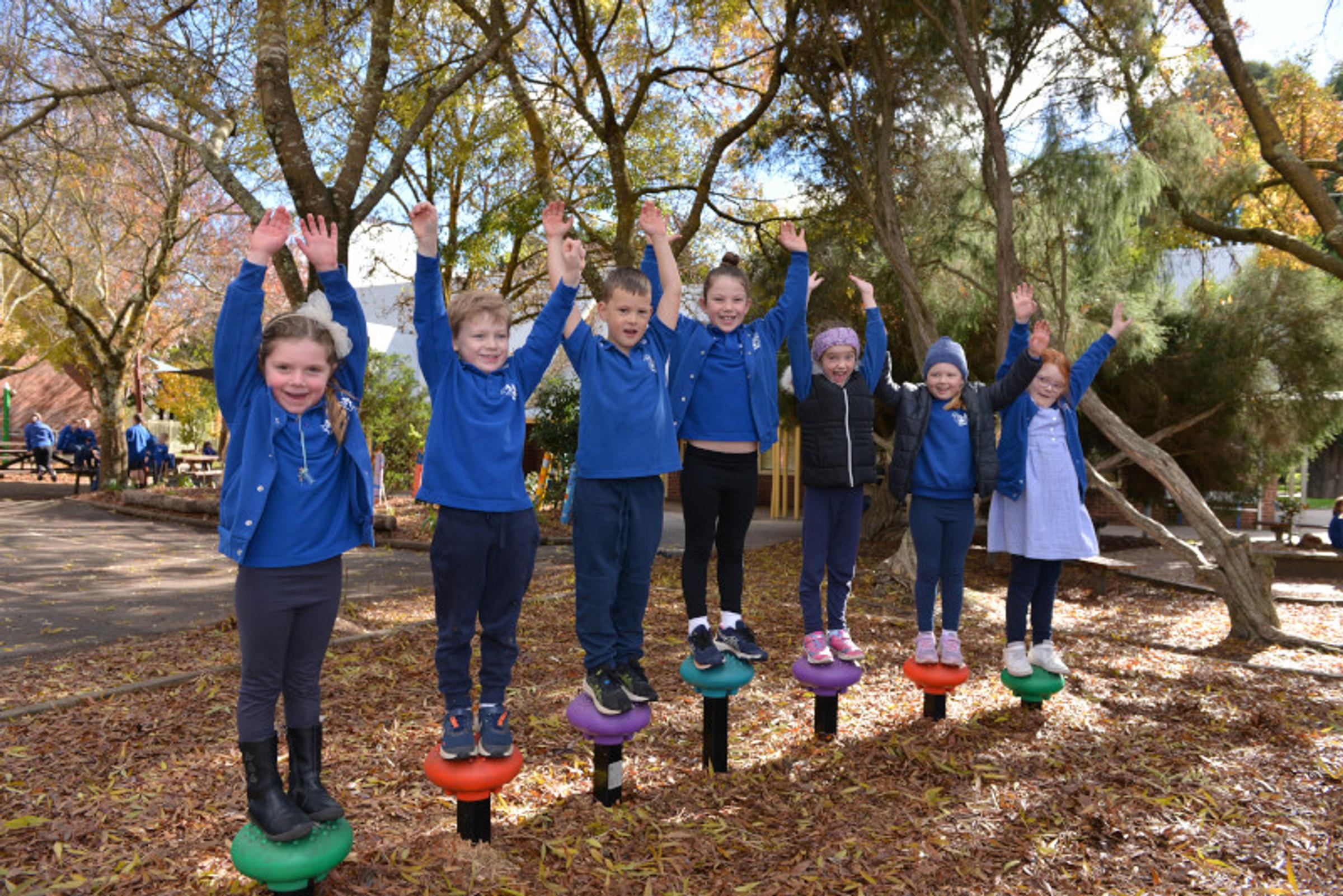Wellbeing
With Ms. Richards

Wellbeing
With Ms. Richards


The eSafety Commissioner has released a new series of short videos for families to share with their children.
Join Wanda the echidna, River the sugar glider, Dusty the frilled neck lizard, and Billie the bilby on four journeys as they help one another discover their powers and learn how to be safer online.
For more information visit https://www.esafety.gov.au/.../mighty-heroes-student-page
The E-Safety Commissioner also has a number of free webinars to give parents and carers the knowledge, skills, and tools to support their children to have safe online experiences.
Click here for further information or download the schedule for term 3 below:
Self-advocacy is an essential skill that we all need to develop to live happy, healthy lives.
In a nutshell, the term self-advocacy means to have a voice of your own. This skill ensures individuals can find more of what they want or need, and less of what they don’t want or need. Self-advocacy is fundamental to building confidence and self-esteem.
It is important to emphasise that having a voice of your own does not necessarily mean having a literal voice. People who are non-speaking are able to communicate their likes and dislikes, their wants and needs, in ways other than words.
It is crucial that children learn how to speak up for themselves, or seek the help they need, rather than relying on someone else to do this for them. In life, they will not always have a parent, caregiver, or teacher by their side to tell them what to do or to advocate for them.
Self-advocacy in children might look like:
How can we help children be self-advocates?
To seek help when they need it:
If your child is needing help and is feeling big feelings in that moment, they probably won't be able to listen or engage in conversation there and then. You may need to wait until they have calmed down so that they can reflect on the situation and can think through different options with you.